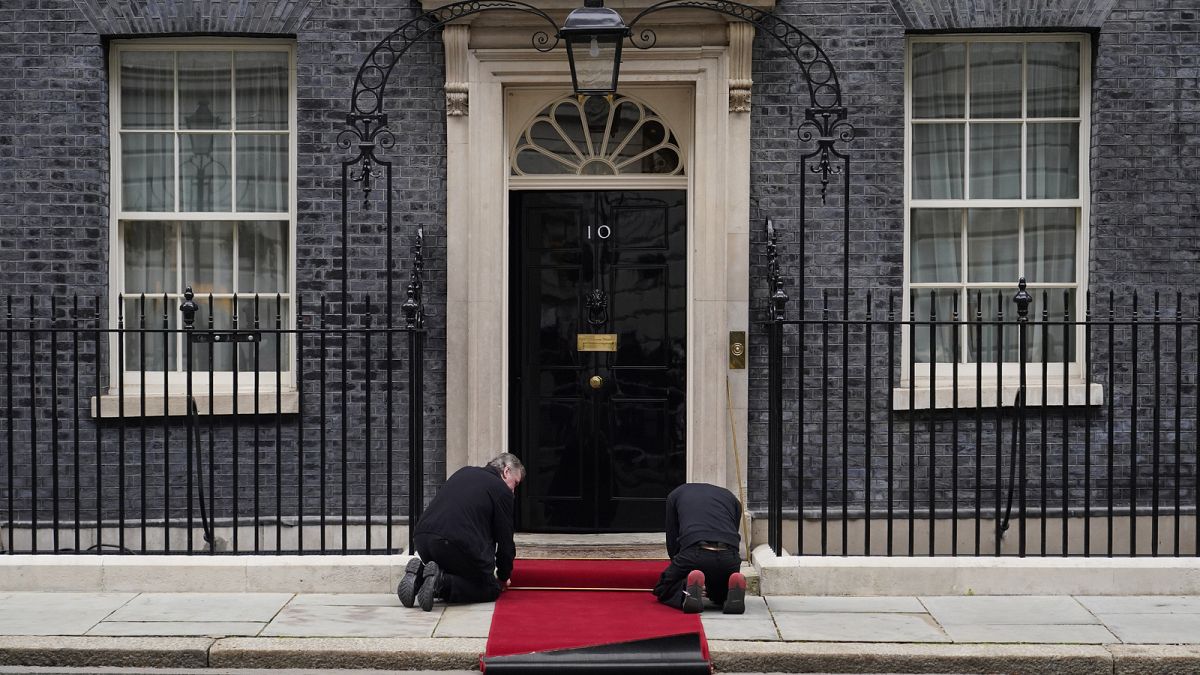The United Kingdom is gearing up for a crucial election as voters head to the polls to elect 650 new members to the House of Commons. Opinion polls suggest that Labour, led by Sir Keir Starmer, is poised for a landslide victory, potentially securing the largest majority of any post-war government. This would be a remarkable turnaround from the 2019 election, where Prime Minister Boris Johnson’s Conservative party clinched a solid majority and the symbolic mandate to “get Brexit done”. However, life after Brexit has not been kind to the Conservatives, with the party facing significant challenges and a possible historic defeat in the upcoming election.
Support for the Conservatives has been on a downward trend since 2021, following a series of controversies and leadership changes. The party has struggled to convince voters that it is capable of steering the UK’s economy in the right direction. Issues such as housing, healthcare, and migration have taken center stage on the campaign trail, with Prime Minister Rishi Sunak facing criticism over his controversial plan to deport asylum seekers to Rwanda. The party’s reputation has been further tarnished by a series of PR gaffes and allegations of insider betting on the election date.
In contrast, Labour has maintained a commanding lead in the polls, with their manifesto focusing on addressing the cost-of-living crisis and creating wealth for working-class people. The party has promised to invest in healthcare, housing, and green technologies, while also taking a firm stance on migration issues. Despite concerns of voter complacency, it seems increasingly likely that Labour will form the next government with Keir Starmer as Prime Minister. However, the party faces challenges in delivering on its promises and managing the expectations of the electorate.
The election also presents an opportunity for other parties to make gains, with Brexit activist Nigel Farage’s Reform UK party surging in the polls. Farage’s controversial comments on Russia’s invasion of Ukraine have sparked a backlash, potentially impacting his party’s support. Meanwhile, the Liberal Democrats, who suffered losses in the previous election, are hoping to make a comeback by advocating for closer ties with the EU. The party’s leader, Ed Davey, has outlined a plan for gradual integration into European programs and eventual rejoining of the EU single market, reflecting the party’s pro-EU stance.
As the election draws near, the UK political landscape remains highly volatile, with multiple parties vying for the support of the electorate. While Labour appears poised for a landslide victory, the outcome of the election is far from certain, as factors such as voter turnout and last-minute developments could influence the results. The next government will face significant challenges, including rebuilding the economy post-Brexit, addressing social and economic inequalities, and navigating the changing dynamics of global politics. The election is not only a test for the political parties but also a crucial moment for the future direction of the United Kingdom.











